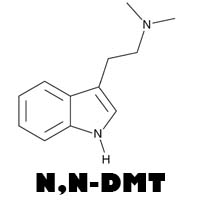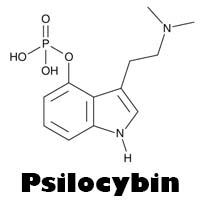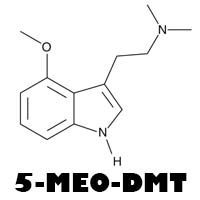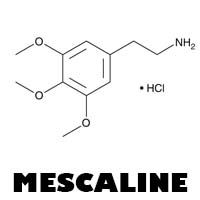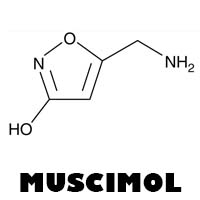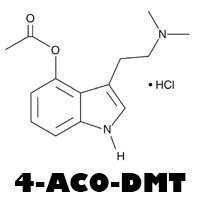Psychedelics and Depression: A New Frontier
Depression is a widespread mental health condition that affects millions of people worldwide. Traditional treatments, such as antidepressants and therapy, do not work for everyone. This has led researchers to explore new avenues for treatment, including the use of psychedelics. In this blog post, we’ll delve into how psychedelics are opening up a new frontier in the treatment of depression.
The Limitations of Traditional Treatments
While many people find relief from depression with traditional treatments, a significant number do not respond to these therapies. This has prompted a search for alternative treatments that can offer hope to those with treatment-resistant depression.
How Psychedelics Work
Psychedelics, such as psilocybin (found in magic mushrooms) and LSD, work by affecting the brain's serotonin receptors. They promote neural plasticity, allowing the brain to form new connections and pathways, which can help alleviate symptoms of depression.
Psilocybin and Depression
Psilocybin has shown significant promise in clinical trials for treating depression. Patients who received psilocybin-assisted therapy reported rapid and sustained reductions in depressive symptoms.
1. Clinical Trials and Findings
Studies conducted at institutions like Johns Hopkins University and Imperial College London have demonstrated the efficacy of psilocybin in reducing depression symptoms. Participants often describe a sense of emotional release and a renewed perspective on life.
LSD and Depression
Though less studied than psilocybin, LSD has also shown potential in treating depression. Its effects on the brain's serotonin receptors and its ability to induce profound psychological insights make it a candidate for further research.
MDMA and PTSD-Related Depression
MDMA, commonly known as Ecstasy, has been primarily studied for its effects on PTSD. However, it also shows promise in alleviating depression symptoms, especially in individuals with PTSD-related depression.
2. Therapeutic Sessions
MDMA-assisted therapy sessions create a supportive environment where patients can process traumatic memories and emotions, leading to significant reductions in both PTSD and depression symptoms.
Ketamine: A Legal Option
Ketamine, though not a classic psychedelic, has been used in clinical settings to treat depression. It works rapidly, often providing relief within hours, making it a valuable option for those with severe depression.
3. Ketamine Infusion Therapy
Ketamine infusion therapy involves administering low doses of ketamine intravenously. Patients typically experience quick symptom relief, and ongoing treatments can help sustain these improvements.
Challenges and Considerations
Despite the promising results, there are challenges to consider. Psychedelic treatments are not yet widely available, and there are legal and regulatory hurdles. Additionally, psychedelic experiences can be intense and may not be suitable for everyone.
The Future of Psychedelic Therapy
As research progresses, psychedelics could become a mainstream treatment option for depression. Ongoing studies and clinical trials are essential for understanding the full potential and limitations of these substances.
Conclusion
Psychedelics represent a new frontier in the treatment of depression. With promising results from clinical trials and ongoing research, these substances offer hope for those who have not found relief from traditional therapies. As the scientific community continues to explore this new frontier, the potential for psychedelics to transform mental health treatment is becoming increasingly apparent.
Suggested Images for the Blog Post
- Traditional Treatments: Images depicting common antidepressants and therapy sessions.
- Psychedelics and the Brain: Diagrams showing how psychedelics affect serotonin receptors and promote neural plasticity.
- Psilocybin Clinical Trials: Photos from clinical trials and therapy sessions involving psilocybin.
- MDMA Therapy: Images of MDMA-assisted therapy sessions for PTSD and depression.
- Ketamine Infusion: Pictures of ketamine infusion therapy settings.
- Future of Psychedelic Therapy: Illustrations or photos representing the future potential of psychedelic treatments.
